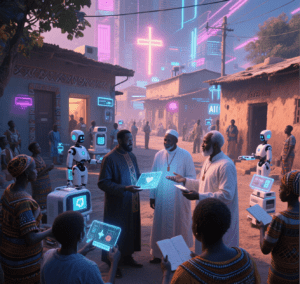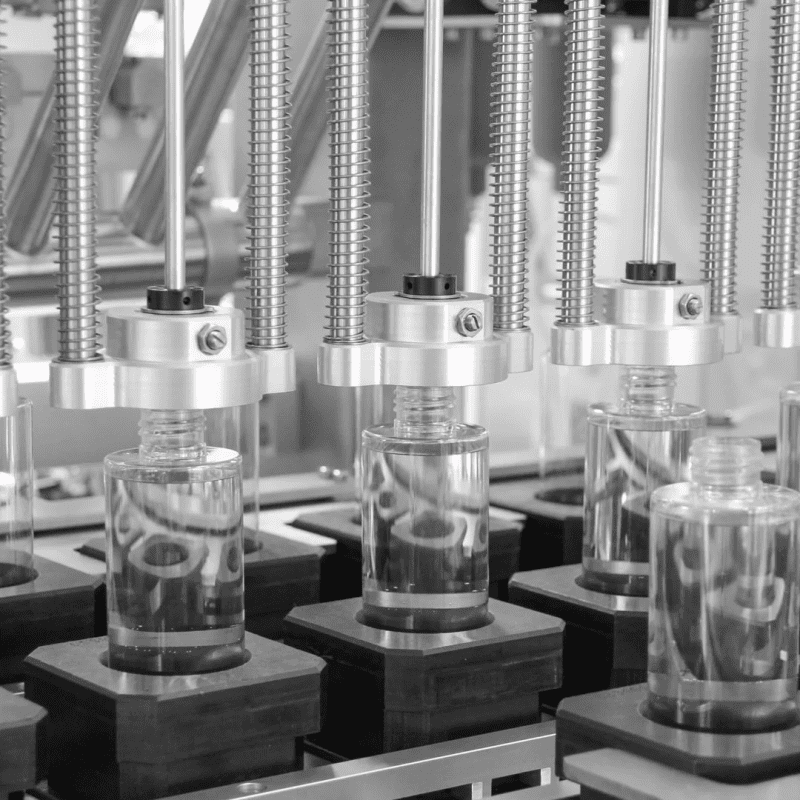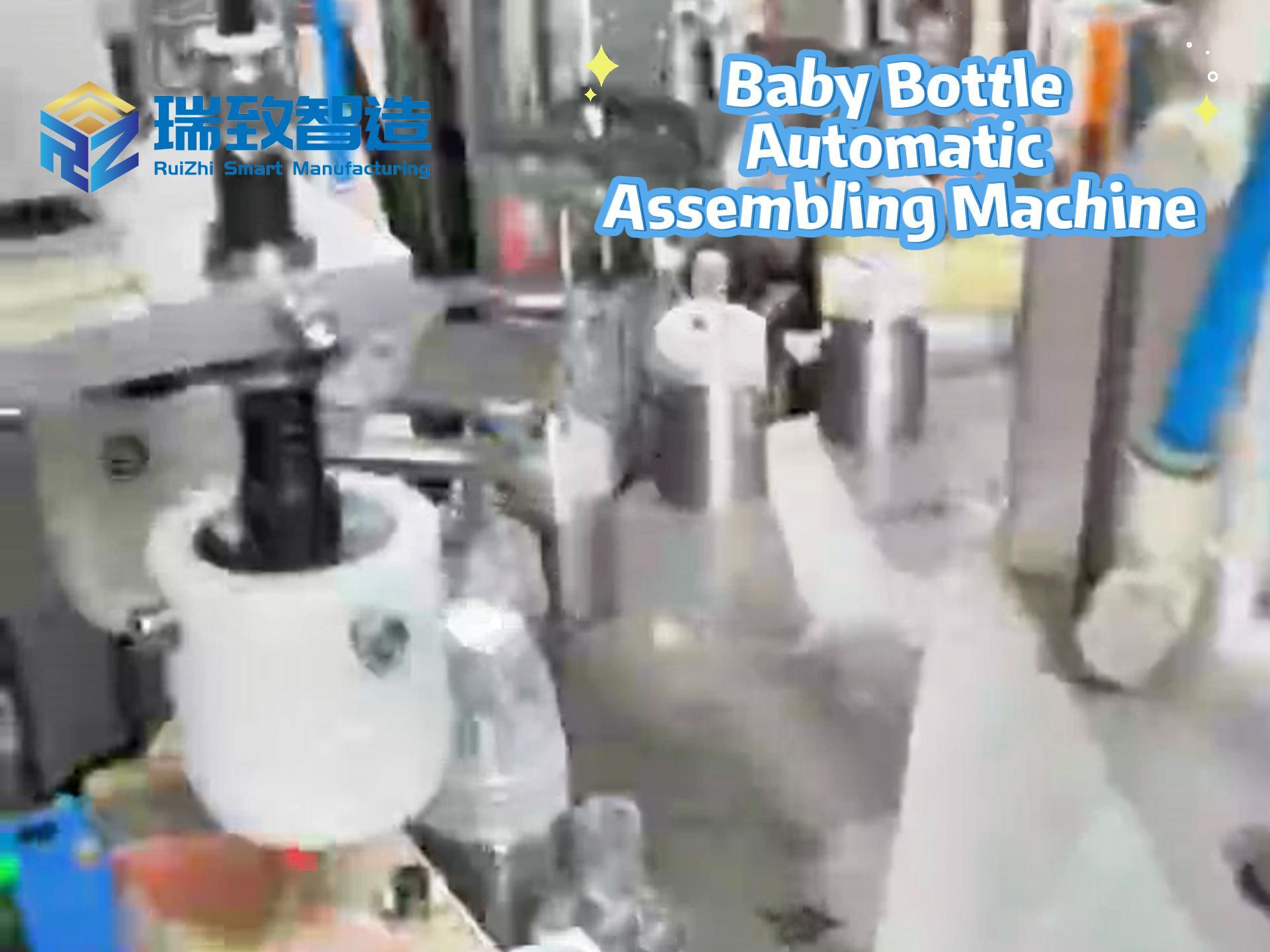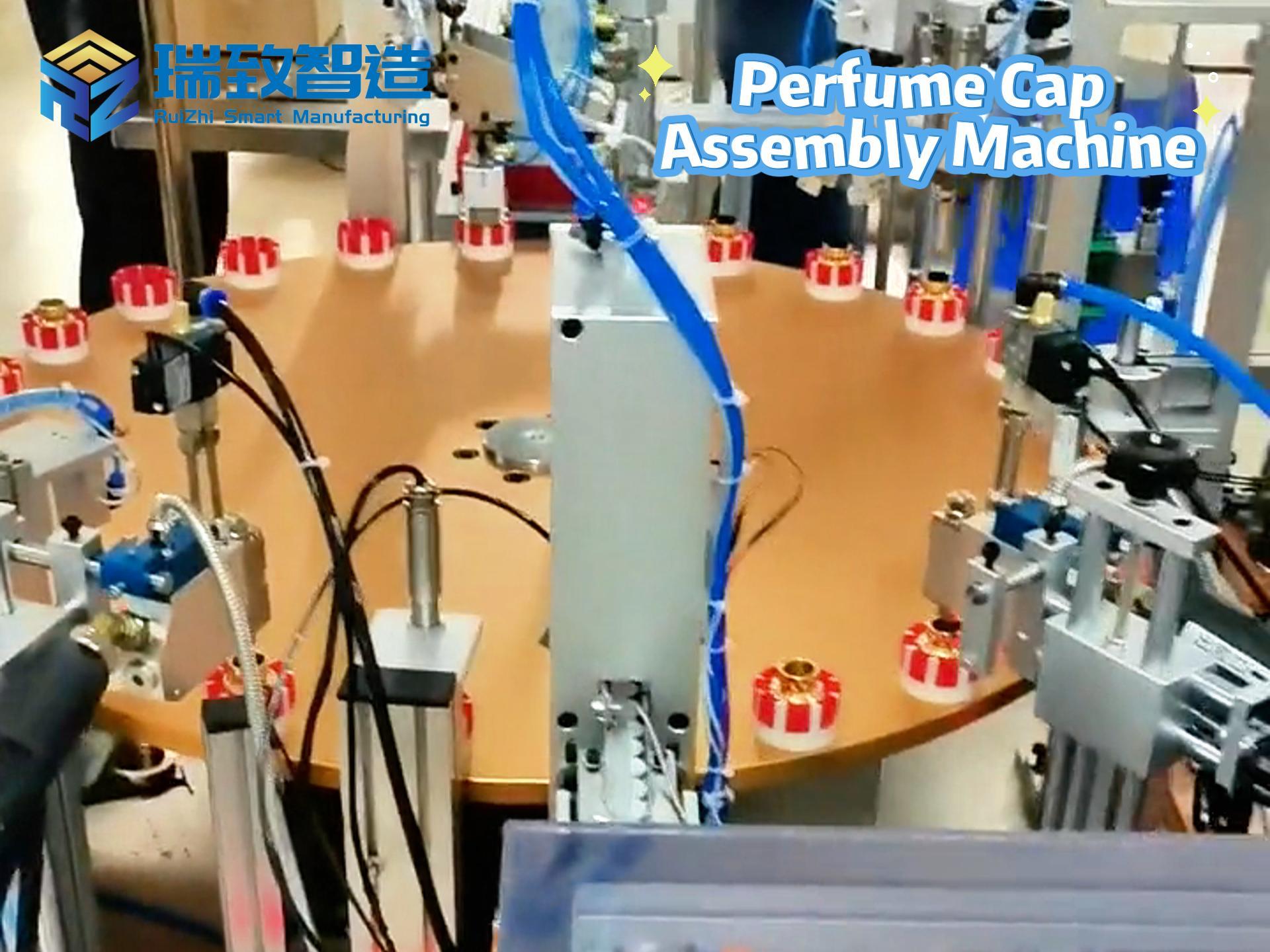Across Africa, artificial intelligence is no longer a distant concept. It’s in mobile banking apps that let farmers send payments, in crop-disease detection tools that boost harvests, and in chatbots that answer questions about healthcare. But as AI spreads, so do questions: Will it respect local cultures? Protect human dignity? Uphold the values that bind communities together?
For Africa’s church leaders, these aren’t just technical questions—they’re spiritual ones. Last month in Nairobi, religious leaders from across the continent gathered to grapple with AI’s promise and perils. Hosted by the All Africa Conference of Churches (AACC) and the Future of Life Institute, the meeting wasn’t about rejecting technology. It was about ensuring AI serves Africa, not the other way around.
In a continent where AI is transforming everything from education to agriculture, the stakes are high. Proponents point to its potential: early-warning systems for droughts, AI-powered medical diagnostics in remote areas, and tools to streamline smallholder farming. But alongside these benefits come risks—ones that hit close to home for faith leaders.
Humphrey Muchuma, founder of INUA-AI, laid out the concerns plainly at the Nairobi meeting. Unchecked, AI could erode cultural and religious identities, spread disinformation, or even undermine human control over moral choices. “Young people are turning to AI for emotional therapy,” he noted, “as if a algorithm can replace the warmth of human connection.” For church leaders, whose work centers on community, empathy, and shared values, this felt like a quiet crisis.
Rev. Dr. Fidon Mwombeki, general secretary of the AACC, put it bluntly: “Faith leaders can’t stand by. We need to ask: Does this technology honor the dignity of creation? Does it protect the vulnerable?”
The gathering wasn’t just about raising alarms—it was about action. By the end, the leaders agreed on concrete steps: establishing a permanent AACC AI and Faith Working Group to guide ongoing dialogue; integrating AI education into seminaries and church curricula, so congregations understand both its power and risks; and drafting policy briefs for governments and the African Union, pushing for AI governance that reflects African values.
Their focus wasn’t on stopping AI, but on shaping it. “Not everything that’s possible is morally good,” Rev. Dr. Lesmore Gibson Ezekiel, AACC’s program director, emphasized. Drawing on a “theology of the economy of life”—a framework that weighs technology against human wellbeing—he argued that faith offers a critical lens: Does this tool strengthen community, or weaken it? Does it uphold justice, or deepen inequality?
This work isn’t happening in isolation. In Nigeria, a groundbreaking example already exists: the Nigeria Religious Coalition on Artificial Intelligence, a partnership between Christians and Muslims. Earlier this year, it brought together 500 stakeholders—religious leaders, policymakers, lawyers—to push for “faith-informed” AI governance. “Religious institutions aren’t just observers here,” Rev. Kolade Fadahunsi, from Ibadan’s Institute of Church and Society, explained. “They’re architects of our technological future.”
For African church leaders, the goal is clear: AI should serve Africa’s people, not override their values. It should boost harvests without erasing traditional farming knowledge; connect communities without replacing face-to-face care; solve problems without sidelining the vulnerable.
In the end, their work is about more than “guiding AI”—it’s about reaffirming that technology, at its best, is a tool to honor life. And in that mission, faith isn’t a barrier to progress. It’s the compass that keeps progress human.





















